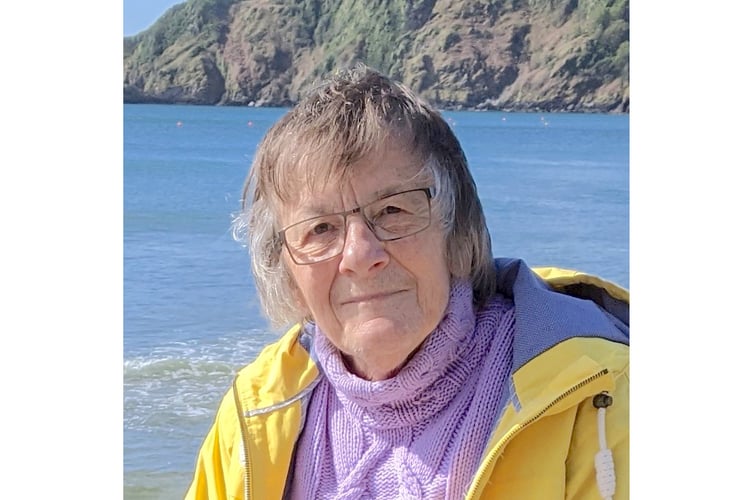I AM a retired GP and hospice doctor with more than 40 years’ experience of caring for patients approaching the end of their lives. In all that time, I have been asked by only two terminally-ill patients to help to hasten their deaths – and neither of them was imminently dying.
I have heard people who are well say that, should they become terminally ill, they would wish to be helped to die. But there is a world of difference between being asked a theoretical question when we are fit and 40 and being the patient who is told that she/he has less than six months to live. In my experience, when the situation arises, most of us cling on to life for as long as we can.
The proponents of assisted dying suggest that there are but two alternatives: a dignified and clean assisted death or an undignified, painful, messy natural one. In fact, there is a third way: high-quality palliative care.
High-quality palliative care consists of holistic care with attention being paid to all the needs of the patient – physical, psychological, social and spiritual – and his/her family, by a multi-disciplinary team.
But quality palliative care costs money; assisted dying is a considerably cheaper option. If the Assisted Dying Bill becomes law, terminally-ill people who choose to kill themselves will be doing the country a favour – saving us money! Is this really the sort of society in which we wish to live?
The measure of a society is the way we care for the vulnerable – which includes those with terminal illnesses. It’s time we took an honest look at the type of health care we are willing to pay for. Are we prepared to commit sufficient resources to provide the best possible end of life care for everyone – to enable all of us to die in God’s good time with comfort and with dignity? Or are we happy for the “right to die” to turn into a “duty to die”?
Elizabeth A Burroughs
Local preacher, St Austell Methodist Circuit




